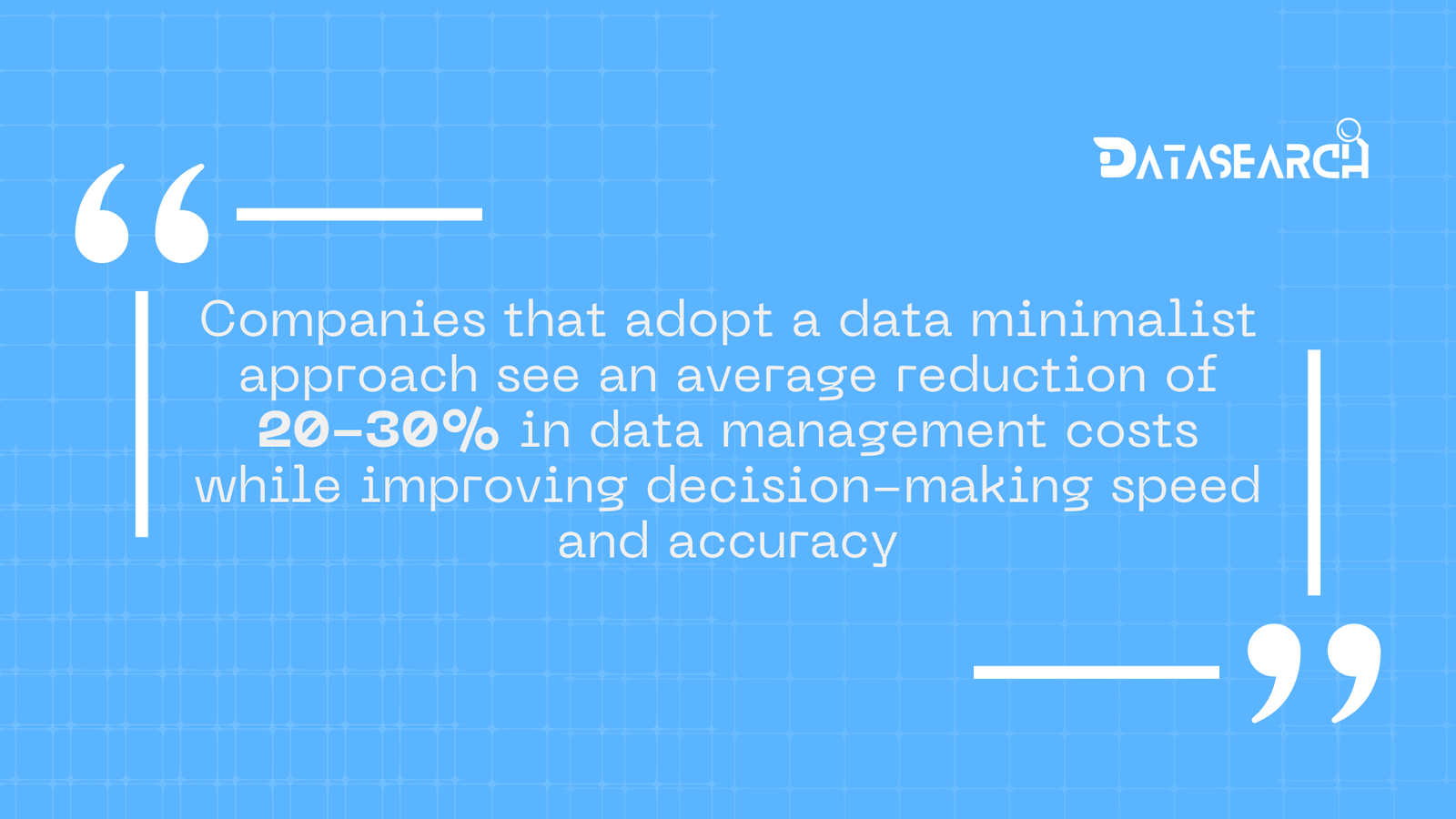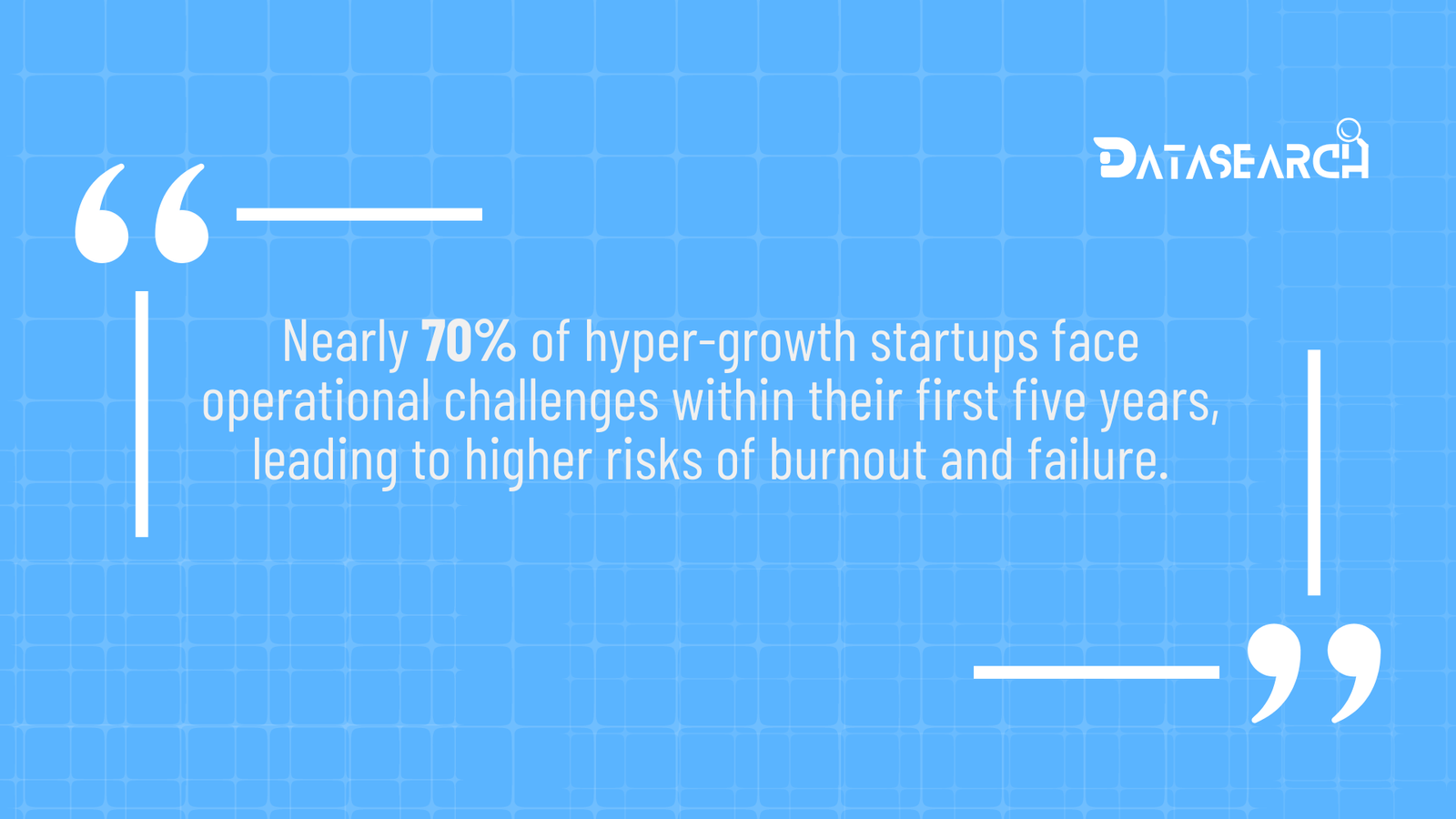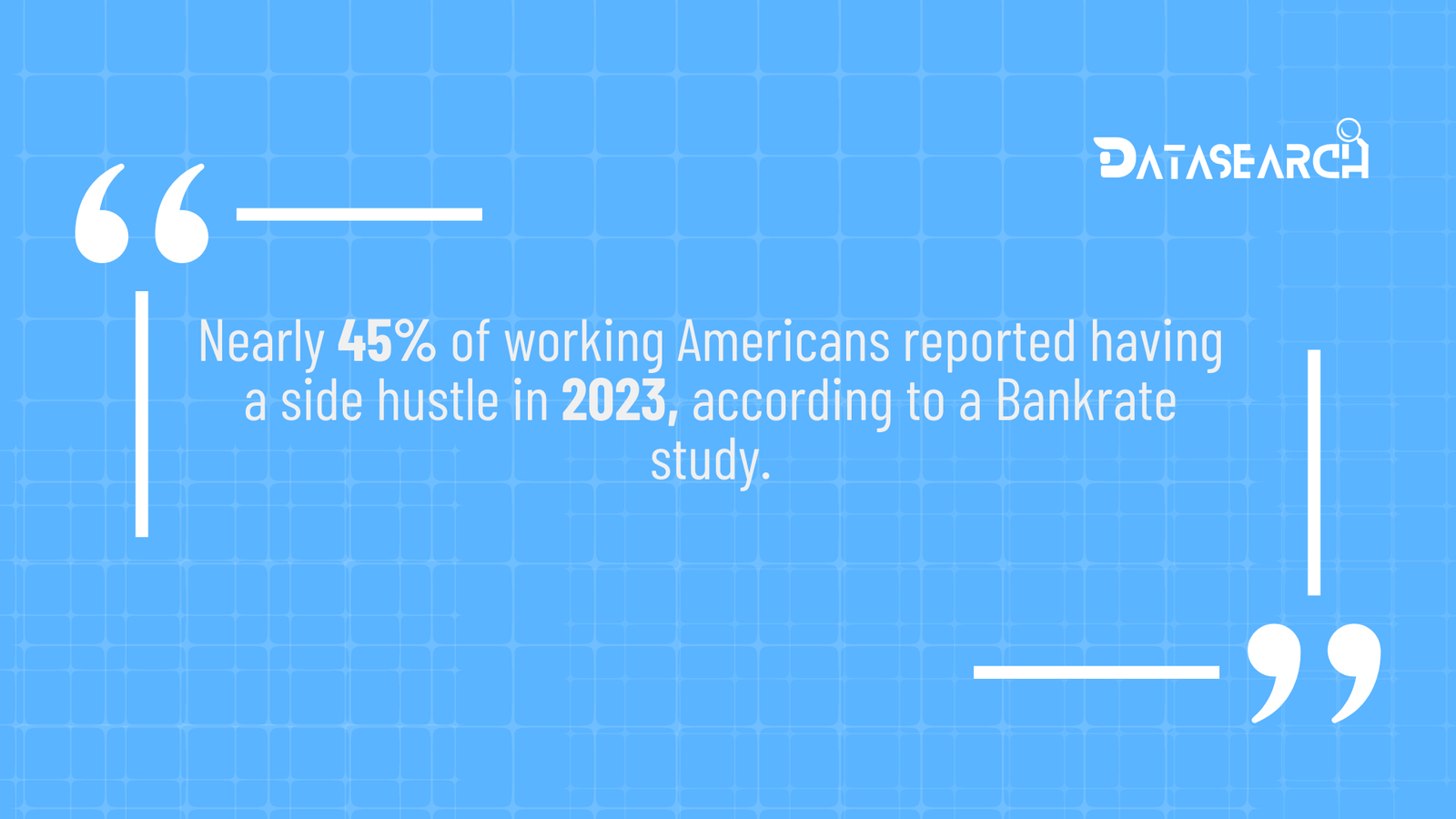In today’s data-driven world, businesses collect and store vast amounts of information to gain insights and make informed decisions. However, more data doesn’t always equate to better outcomes. This concept, known as data minimalism, suggests that businesses can often achieve greater efficiency, clarity, and decision-making power by focusing on the right data, rather than accumulating as much as possible. But how do businesses determine when less data is more beneficial? In this article, we’ll explore the principles of data minimalism and its advantages for businesses.
1. What is Data Minimalism?
Data minimalism is a philosophy that prioritizes the quality, relevance, and actionable value of data over sheer volume. Instead of gathering every available piece of data, businesses adopting a minimalist approach focus on collecting, analyzing, and utilizing only the data that directly supports their goals. This strategy reduces data complexity, improves focus, and enhances decision-making processes by eliminating unnecessary noise.
💡 Fact: According to IBM, poor data quality costs U.S. businesses over $3 trillion annually. Data minimalism aims to reduce this by focusing only on the most essential and reliable data points.
2. Reducing Data Overload
In the pursuit of more data, businesses often suffer from data overload, where too much irrelevant or low-quality information hinders decision-making rather than aiding it. Data minimalism encourages businesses to filter out unnecessary data, focusing only on metrics and insights that directly drive outcomes. This prevents decision paralysis, where teams struggle to act due to the overwhelming amount of data available.
📊 Example: A marketing team might be tracking hundreds of metrics across different campaigns. By adopting data minimalism, they could focus solely on KPIs like conversion rates, cost per lead, and customer lifetime value, enabling faster, more actionable decisions.
3. Improving Data Quality
One of the core tenets of data minimalism is emphasizing quality over quantity. When businesses collect less data, they can focus on ensuring the data they do collect is accurate, relevant, and actionable. High-quality data leads to better insights and outcomes, while vast amounts of low-quality data can lead to confusion, errors, and misinformed strategies.
🔍 Insight: By streamlining data collection to only the most impactful metrics, businesses can devote more resources to data validation and cleansing, improving overall data quality.
4. Enhancing Decision-Making with Clearer Insights
With fewer, more focused data points, decision-makers can see the bigger picture more clearly and act quickly. Data minimalism promotes the idea that fewer, well-chosen data points can provide clearer insights than trying to analyze an overwhelming amount of information. This leads to faster, more confident decision-making and avoids “analysis paralysis” caused by too much data.
🎯 Pro Tip: Businesses that prioritize key metrics in their reporting often see a 30% increase in decision-making speed and effectiveness, according to research by Forrester.
5. Cost Efficiency and Resource Optimization
Managing, storing, and analyzing large datasets comes at a cost. From cloud storage expenses to the time and resources spent on data analysis, large volumes of data require substantial investments. Data minimalism allows businesses to cut down on these costs by focusing on essential data only. This also frees up resources that can be better used in other strategic areas, such as customer service, product development, or innovation.
💼 Example: A small business with limited resources can save on storage and analysis costs by only gathering data directly related to customer retention and satisfaction, rather than collecting every piece of behavioral data.
6. Improving Data Privacy and Compliance
With the increasing importance of data privacy laws such as GDPR and CCPA, businesses need to be mindful of the data they collect and store. Data minimalism helps businesses stay compliant by reducing the amount of personal data they handle. By collecting only the necessary information, companies can minimize privacy risks and protect customer trust.
🔐 Pro Tip: Implementing a minimalist data approach not only reduces compliance risks but also ensures that businesses don’t hold onto sensitive data longer than necessary, lowering the chance of a data breach.
7. Adopting a Minimalist Data Strategy
Adopting data minimalism requires businesses to critically assess their data practices and ask key questions:
What data do we truly need to achieve our objectives?
Which metrics drive business growth?
Can we eliminate redundant or irrelevant data points?
By answering these questions, businesses can streamline their data collection and analysis processes, ensuring that they focus only on the most critical information.
🚀 Tip: Start by auditing your data collection processes and identifying data sources that add little to no value. Then, define clear KPIs and focus data gathering around those metrics.
How DataSearch Can Help You Implement a Data Minimalism Strategy
At DataSearch, we understand the importance of focusing on the right data to drive business growth. Our platform offers tools that help businesses filter and prioritize their data, ensuring that you only focus on what matters. By using DataSearch.pro, you can streamline your data practices, reduce complexity, and gain clearer insights from the most relevant information.
Ready to embrace data minimalism? Visit our website today to learn how DataSearch can help you optimize your data strategy for better business outcomes.




